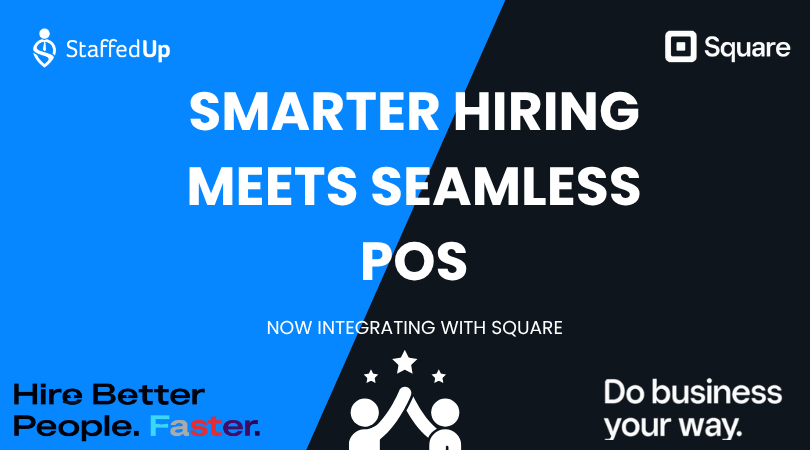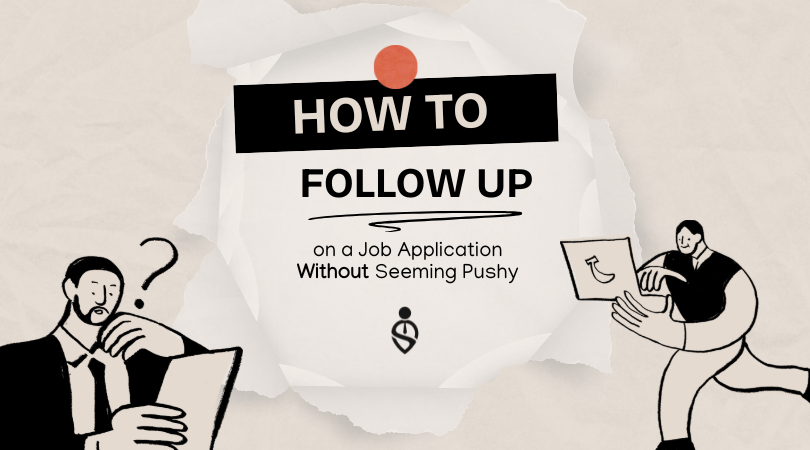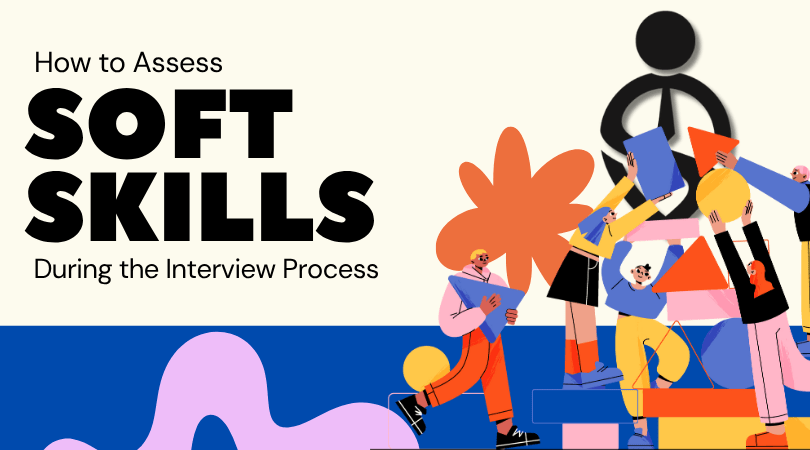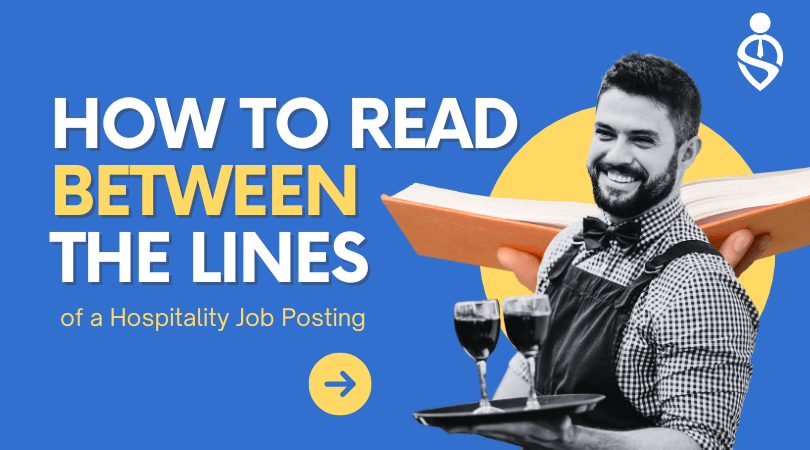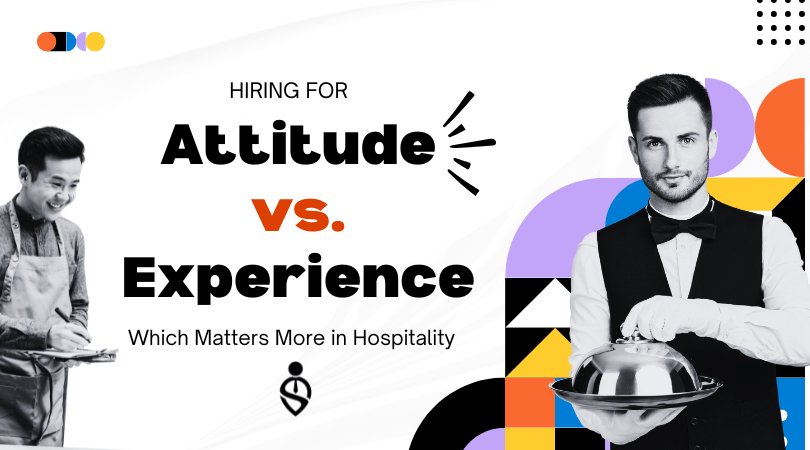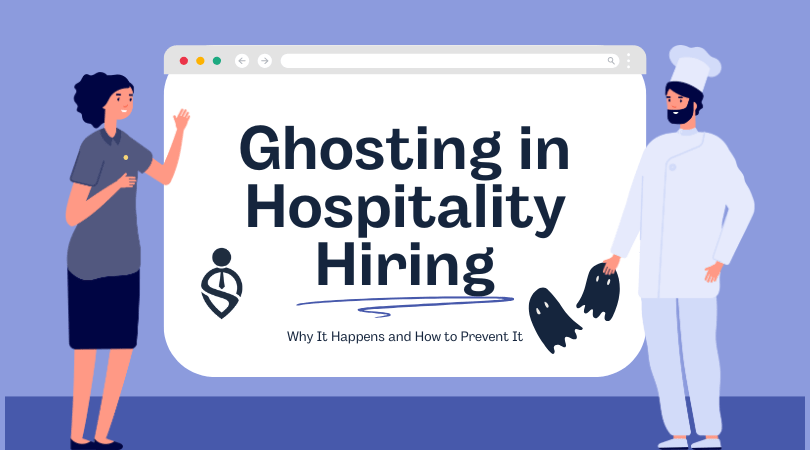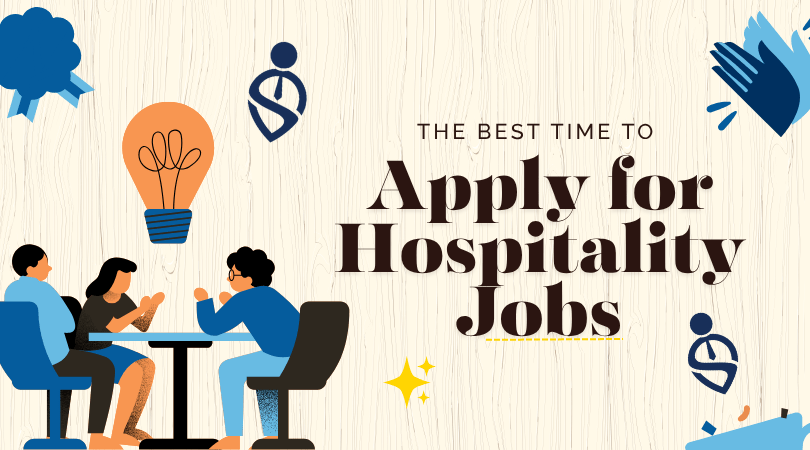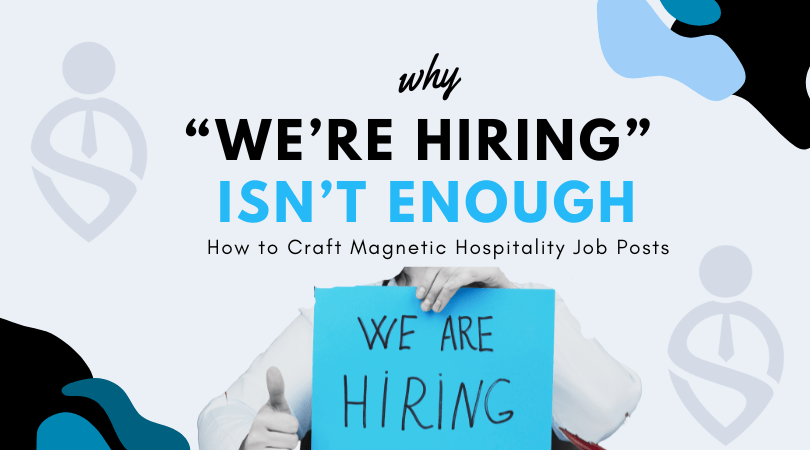Running a restaurant or hospitality business comes with enough to juggle. Hiring, onboarding, managing schedules, and making sure every shift is covered—while also delivering a great customer experience—can feel like a full-time balancing act. That’s why we’re excited to announce our newest time-saving feature: StaffedUp + Square Integration is here!
Whether you use Square for your POS, employee time tracking, or full-scale business management, this integration will streamline your hiring and onboarding process like never before.
What Does the StaffedUp + Square Integration Do?
At its core, this integration is designed to save you time and reduce manual admin work. Once activated, the StaffedUp + Square integration allows new hires in StaffedUp to be automatically added to your Square Team. That means when you mark someone as “Hired” in StaffedUp, they’ll show up instantly in your Square Dashboard—no duplicate entry, no bouncing between systems.
It’s seamless, simple, and built to help you get new team members started faster.
Key Benefits:
✅ Instant Syncing – New team members are automatically pushed to your Square Dashboard as soon as you hire them in StaffedUp.
✅ Fewer Errors – Eliminate copy-paste mistakes and data re-entry by syncing team info directly between platforms.
✅ Faster Onboarding – New hires can start clocking in, getting scheduled, and accessing Square tools immediately.
✅ One Less Step – No more flipping between software. Everything’s connected, so you can focus on running your business.
Who Is This For?
If you’re a StaffedUp user who also uses Square to manage your team, this integration is for you. Whether you run a restaurant, café, brewery, food truck, or any hospitality-based operation using Square for point of sale and workforce management, this feature gives you the edge you need to move faster and hire smarter.
How to Turn It On
Getting started is easy. Just log in to your StaffedUp dashboard, head to Integrations, and connect your Square account. From there, you can toggle the sync on and off at any time—and control exactly how your new hire data flows.
Need help with setup? Reach out to our team.
A Better Hiring & Onboarding Experience
At StaffedUp, we’re always working on tools that simplify the hiring process for hospitality teams. This integration with Square is the latest step in helping you go from job post to first shift with less friction and more speed.
Ready to put your hiring process on autopilot? Connect Square today and make onboarding a breeze.
